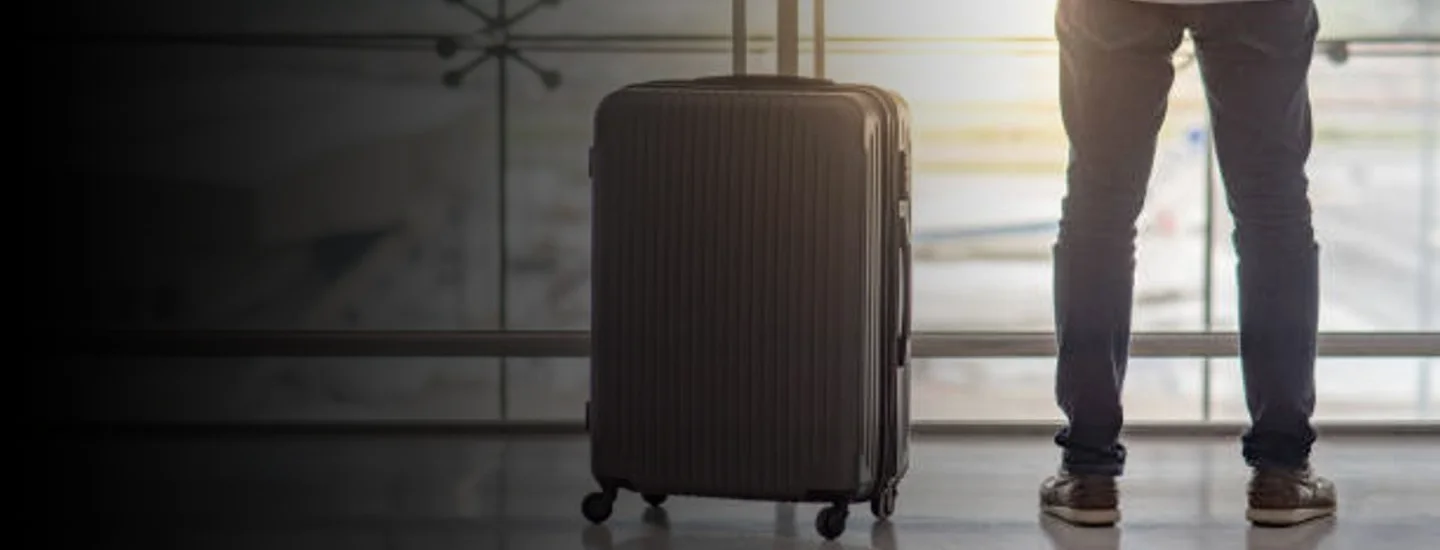In our previous post, we outlined the importance for operators in the tourism industry to establish a cash culture and maintain a relentless focus on the customer in order to build new levels of strength and agility as the sector continues to claw its way back from a crisis unlike any other.
Such a lengthy period of enforced inactivity has been a catalyst for much reflection within the industry, initially focused on immediate survival and reaching the point where the world is in motion once again. With services globally now resuming, this brave new world presents a much-changed landscape for organisations to re-establish a firm footing, and the combination of acting on deep data insights with a healthy dose of creative thinking could hold the key to building a competitive edge.
3. Data-driven decision making
Another key factor to consider when resetting an organisation for resilience, is the role that data plays in decision making. Data-driven decision making allows organisations to better anticipate crises and ensures that they are better placed to adapt to challenges that they will inevitably face. A designated control room and team should be established to generate insights critical for demand planning and data dashboards, using readily available tools such as Microsoft’s PowerBI, to make these insights easily digestible for management teams.
In the case of the COVID-19, these insights will be particularly important for international operators, as the tourism industry faces a recovery curve that is heavily impacted by differences in global vaccine rates and government travel restrictions. An example of this differing recovery curve is illustrated in Figure 2 below, which shows the extent that global hotel performance has differed by region in Q1 2021.[1]

[1] European Travel Commission – Quarterly Report Q1/2021
A resilient organisation should not just restrict its data to booking trends and other lagging indicators either, its data should have predictive power and should encompass a large ecosystem of different sources, including consumer sentiment and business confidence surveys. These allow organisations to better and more quickly react to potential crises. As mentioned above, social analytics tools should also be used to gain a deeper understanding of how customers may react so that organisations can make rapid decisions about whether to delay or cancel flights, increase staff-to-customer ratios, or enhance health and safety measures.
4. Constant innovation
One benefit of a crisis is that they force organisations to think outside the box because the established way of doing things just isn’t working. This creative and rapid decision making should be fostered by organisations looking to reset after a sustained shutdown of operations. One example of this creativity is looking outwards to trends in other industries that may result in opportunities for the tourism industry. As a C-suite executive from the hotel industry recently commented to us, a potential opportunity for the industry is the inevitable move towards hybrid working as companies may shift to holding business unit meetings in hotel conference rooms, rather than office conference floors that require multi-year leases. A truly resilient organisation shouldn’t just restrict this type of creative thinking to times of crisis and should be continually reviewing how they can develop a competitive advantage in the market.
Conclusion
The tourism industry will always need to be prepared to react to crises. Although responding to the outbreak of COVID-19 is a top priority for most (rightfully so), the industry needs to ensure that it does not simply revert to the old habits when some sense of normalcy resumes. Resetting for resilience means anticipating an operating environment of constant crises and being proactive in response. Resetting in such a way will allow companies to better take advantage of future opportunities and allow them to better serve their customers. The companies in the tourism industry that do this best will bring anticipation, not anxiety, back into travel.



